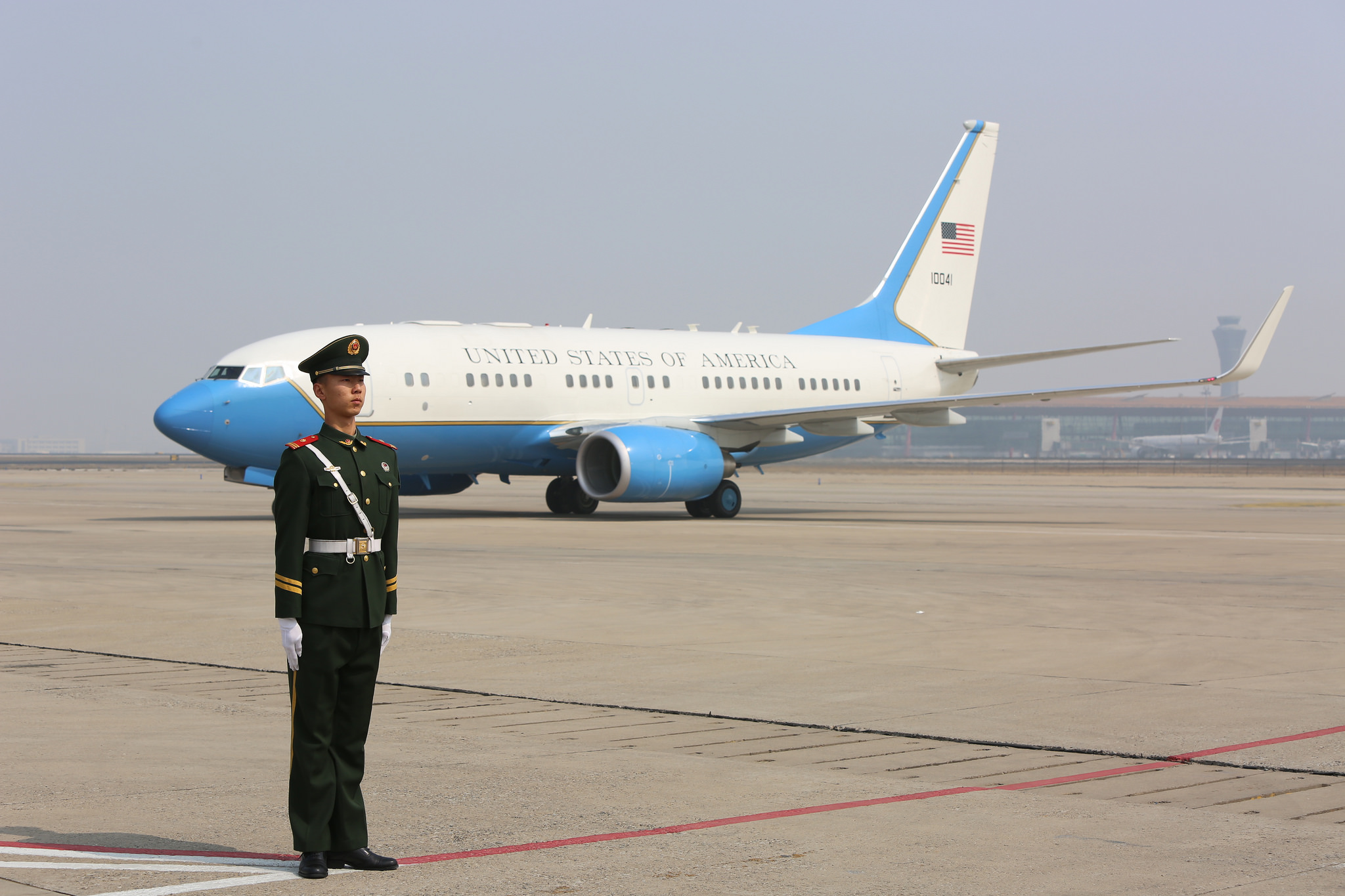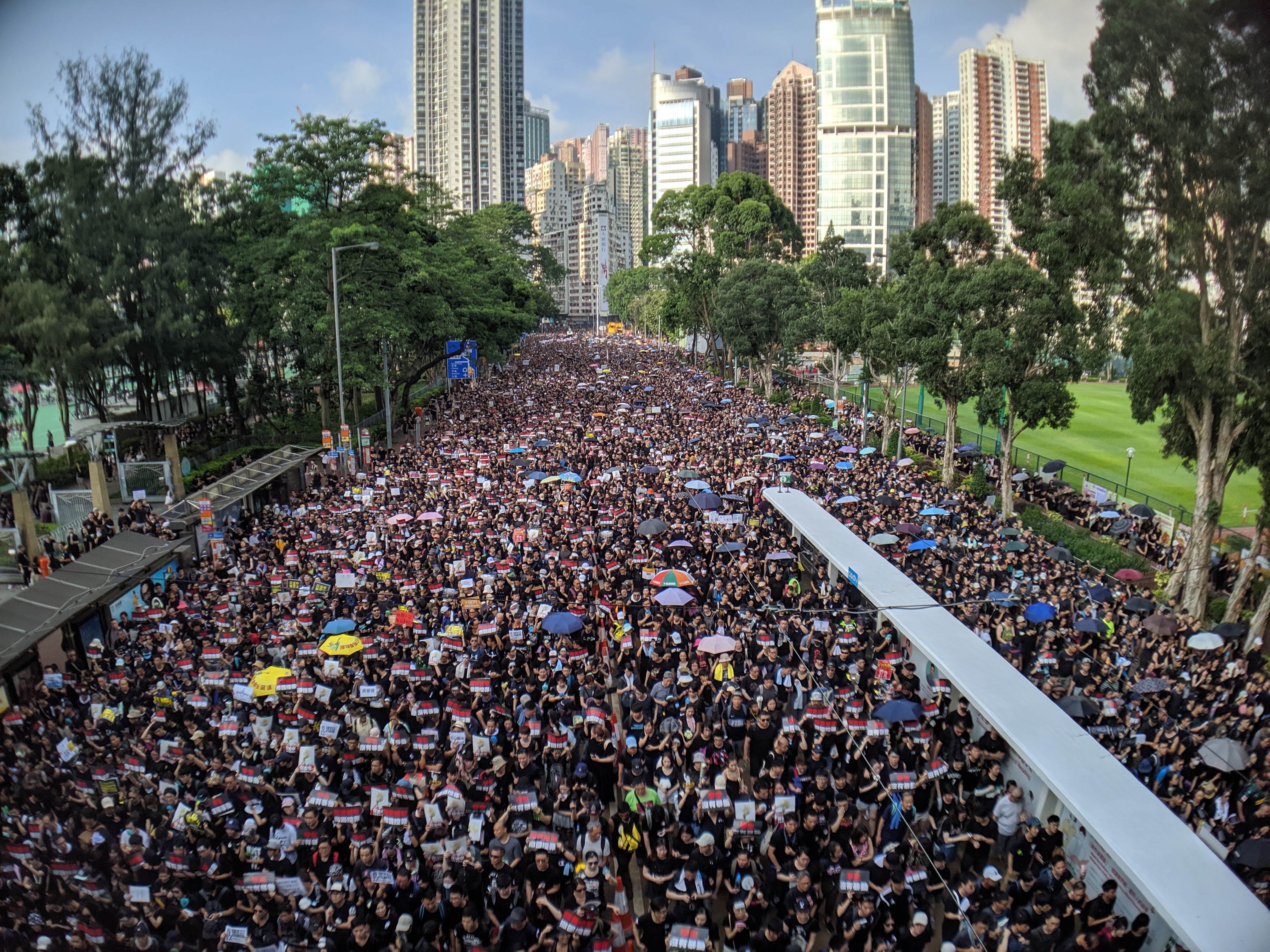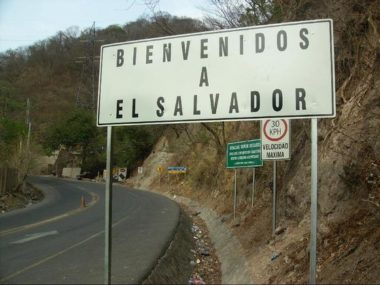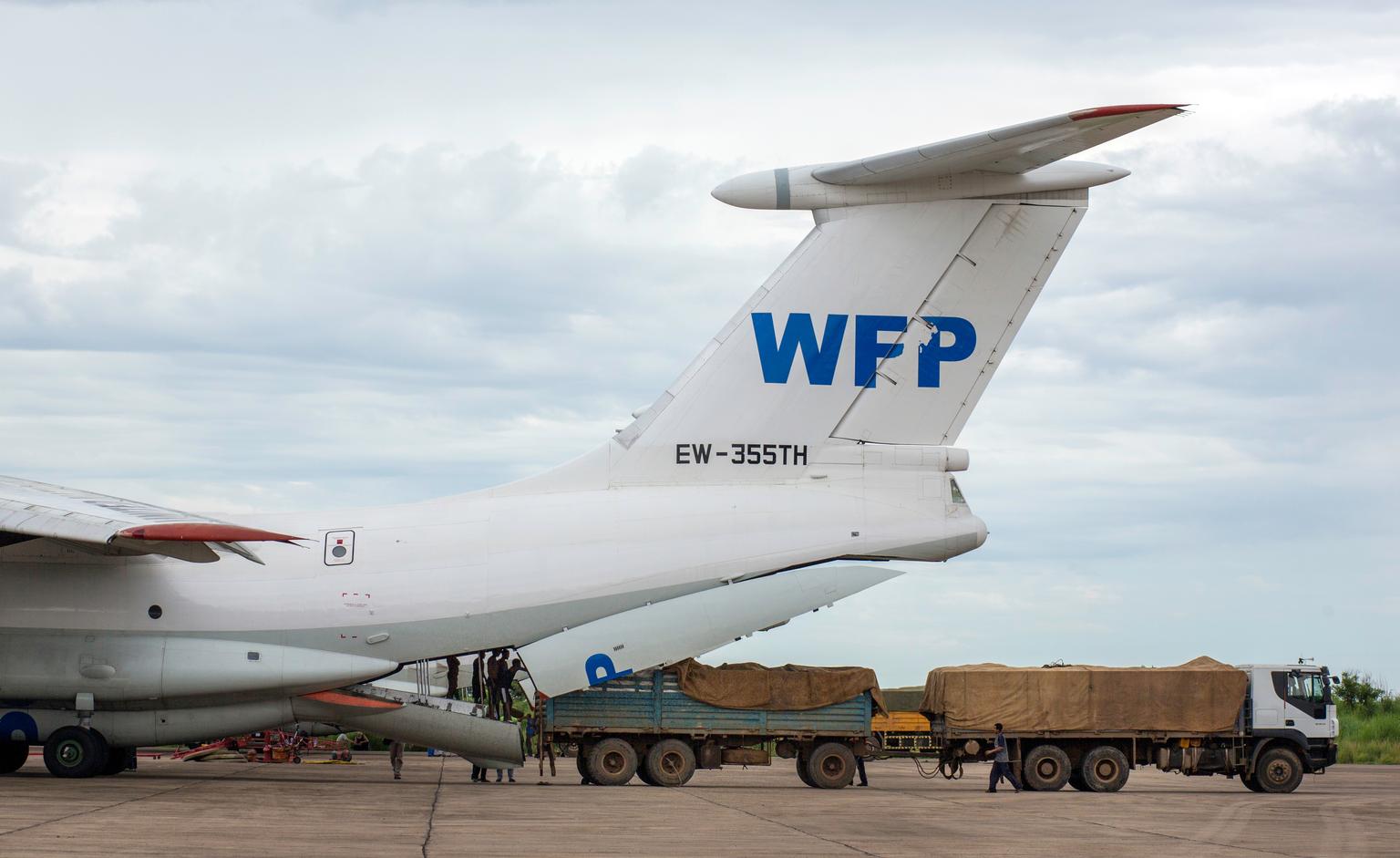By Kristine Eck

The past week witnessed the outbreak of communal violence between the Muslim Rohingya and the Buddhist Rakhine in Myanmar’s Rakhine State which led to the deaths of at least 35 people. Communal violence between these groups is not new. This violence is particularly problematic because it runs counter to the good news stories otherwise coming out of Burma (the holding of free by-elections, Aung San Suu Kyi’s participation in governance, ongoing peace negotiations, the suspension of sanctions, and a foreign investment frenzy).
Internal data from the Uppsala Conflict Data Program (UCDP) indicate that episodes of violence have flared up at least four times in the past 20 years. Is this violence different from previous years’ and how do we explain it? The UCDP data suggest that last week’s episode led to more fatalities than similar clashes in the past. One possible explanation for the higher levels of fatalities is that the media, and social media like Facebook, are inflaming the situation by facilitating the spread of rumors and hate speech. While research has found that rumors are an essential component of violent dynamics in riots, this is not likely to explain the escalation of violence in Rakhine state for the simple reason that internet access is poor across the state, limiting the population’s exposure to it. Internet hatemongering may, however, effect the likelihood that anti-Muslim communal violence spreads to other parts of the country, which themselves also have histories of communal violence.
I’m inclined to relate the intensity of the current violence in part to the response of the Myanmar state. While previous governments have been complicit in encouraging communal tensions, the outbreak of communal violence was suppressed through heavy-handed repression: mass arrests, curfews, and the imposition of army troops. While the current government has deployed troops to the area, it has struggled to use them for policing without resorting to the types of human rights violations it engaged in under previous regimes. With the current moves towards a democratic transition, the state is more constrained in its use of coercive force. In a working paper with Joakim Kreutz, we find that regime transitions function as a window of opportunity for communal leaders to exploit the decreased deterrent capacity of the state. In such periods, the state is less able to contain the problems of communal opportunism that are otherwise restricted by the threat of punishment from formal institutions or in-group policing structures. We suggest that this problem will be particularly acute for regimes transitioning away from autocracy; when excessive force is the norm, anything less is seen as a signal of institutional weakness. Other research on communal violence between Muslims and Hindus in neighboring India support the idea that state incentives to punish perpetrators is essential to understanding the intensity of communal violence.
In addition to Myanmar’s existing armed ethnic conflicts, we can expect that the process of democratization will lead to further outbreaks of violence involving minority populations like the Muslims, Chinese, and other ethnic groups which constitute minorities within their states. These groups all lack political representation and coupled with the current scramble to stake out political and economic claims, the situation in Myanmar holds the potential for new outbreaks of violence.








0 comments
I’m glad you’re spotlighting this violence, but I think you’re too quick to pin the blame for the scale of the current flare-up on “the state.” There’s no question that the incumbent regime has an abysmal track record on violence against civilians, to include many atrocities against civilians in areas of separatist fighting. In this situation, though, I think it’s quite possible the state’s quick and forceful intervention helped to *prevent* larger-scale violence, at least for the time being. How *should* they respond to murderous mobs?
As a responcible human i request UNO to look in the matter and also request to bangladesh governement
to give some plase to them to live on borders the voilence get finished